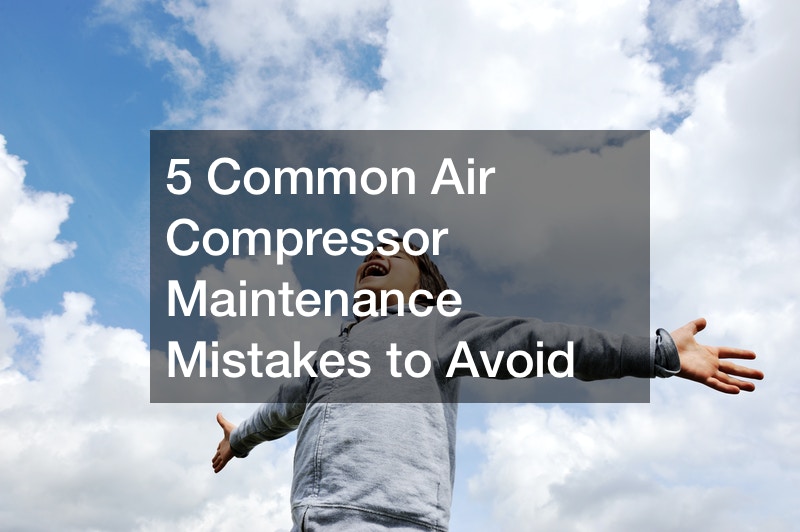
As the name implies, an air compressor compresses air. Basically, it works by always sucking in the air in the surroundings and mechanically moving it through components on the inside. It compresses the air, and it makes it into a usable force for tools that require air to work. If you are interested in getting an air compressor for some specific purpose, you might want to learn more about them and which one would be the best for you.
You might wonder, where can I find the best new air compressors that are available? Where can I find a good AC compressor for sale near me? What is so special about advanced air compressors? What should I know about air and gas compressors? Are there any air compressor package deals that are available? It might be a good idea to learn more about different types of air compressors, so that you can be more prepared to make a good choice when you are actually purchasing one. Talking to someone who works with them can also get your questions answered in many cases.
Air compressor maintenance is an essential part of keeping your equipment running efficiently for as long as possible. However, it’s all too easy to make a mistake during your air compressor’s maintenance schedule that could hurt your equipment.
To help you avoid damaging or neglecting your air compressor, here are five common mistakes reliability engineers make during air compressor maintenance and how to avoid making those mistakes yourself.
- Failing to tighten the fasteners. The nuts, screws, and bolts on your air compressor will loosen over time. This is because of the air compressor’s vibrating engine. It’s important to make sure that you check these areas on your compressor regularly to avoid any of them coming loose or, worse, falling off.
- Not draining moisture from the tanks. When your compressor compresses air, its receiver tank collects moisture. This is especially true during the summer months when the air is more humid than normal. It’s important to make sure that the receiver tank is drained regularly to avoid water build-up from impacting your equipment. Most receiver tanks have a valve that lets you drain the water easily.
- Not changing the compressor oil enough. Compressor fluid analysis is vital to the life and efficiency of your air compressor. The oil ought to be changed every 500 to 1,000 hours for your air compressor to properly function. This is because acids build up in the oil over time. The three main sources of acids found in compressor fluids include oxidation, ingestion from the atmosphere, and residual contamination.
- Ignoring the intake vents. It’s essential to keep your intake vent clean to avoid losing power and degrading the quality of the air compressor. Check your intake vents regularly for dirt and dust and clean them as soon as you see any grime. You don’t want your air compressor to work any harder than it needs to.
- Forgetting to check your hoses. You could be drastically shortening your air compressor’s life if you have your equipment running with cracked or corroded hoses. You need to check your air compressor’s hoses regularly and replace them as soon as possible if you notice any damage. When you keep your air compressor operating with damaged hoses, you can put additional stress on the rest of the system’s components.

Looking to improve compressor reliability? Check out your local air compressor maintenance services and compressor oil analysis services to ensure your air compressor is in great condition for optimal efficiency.
